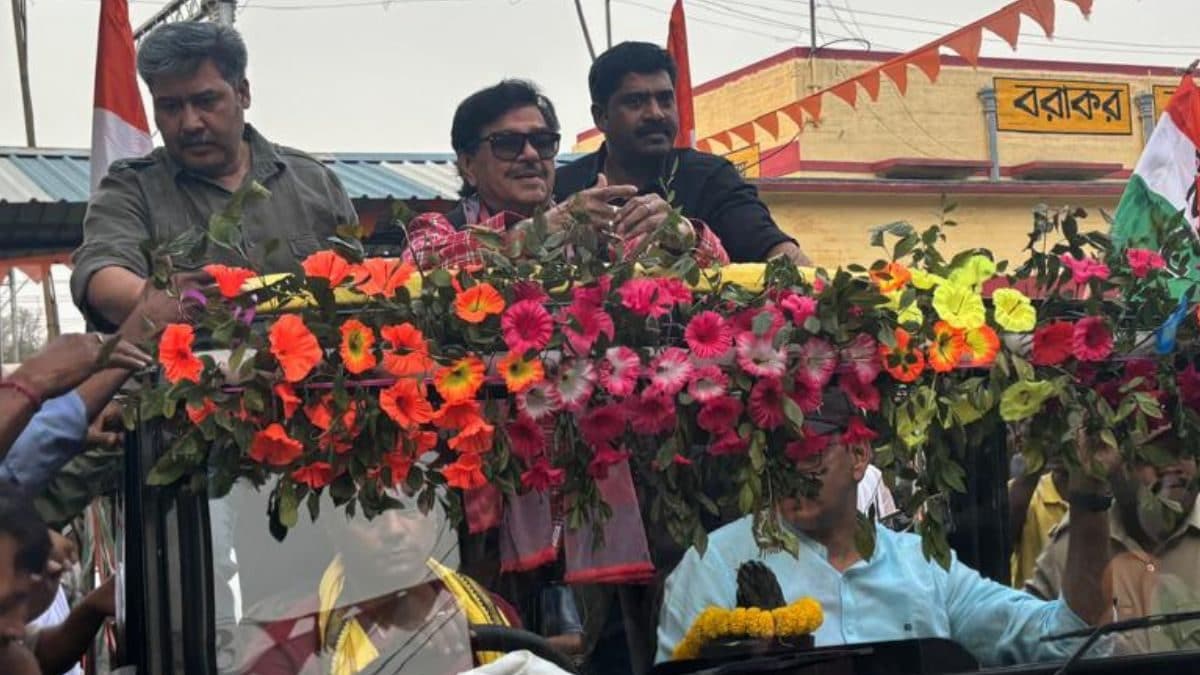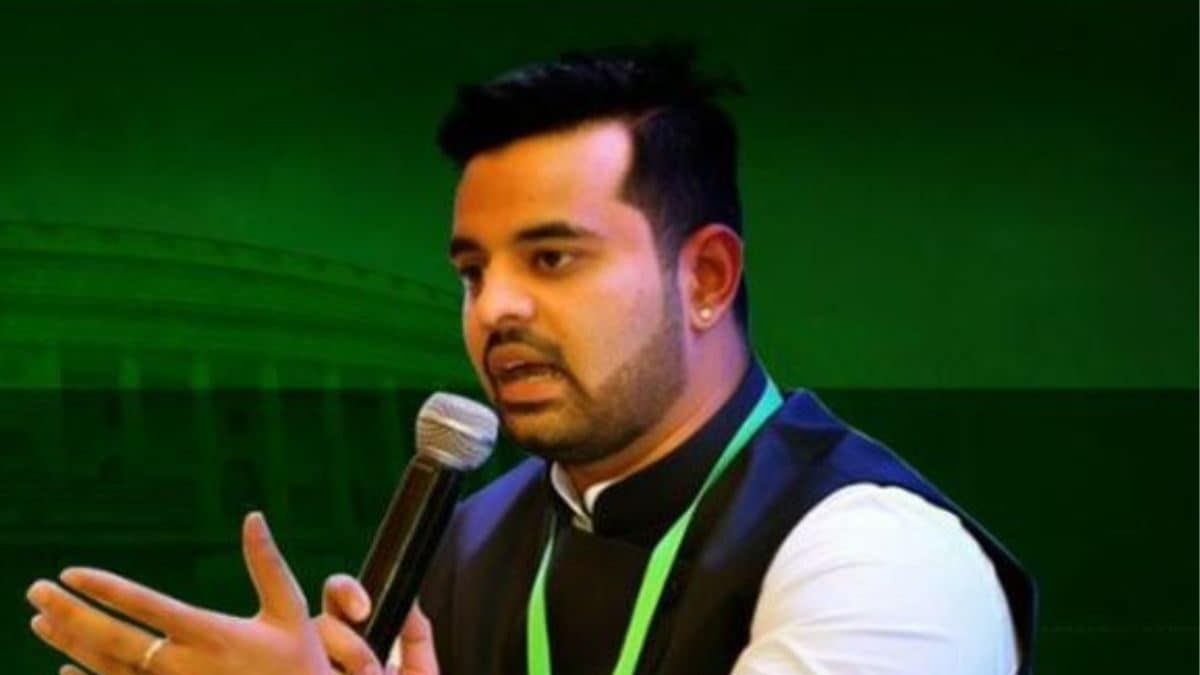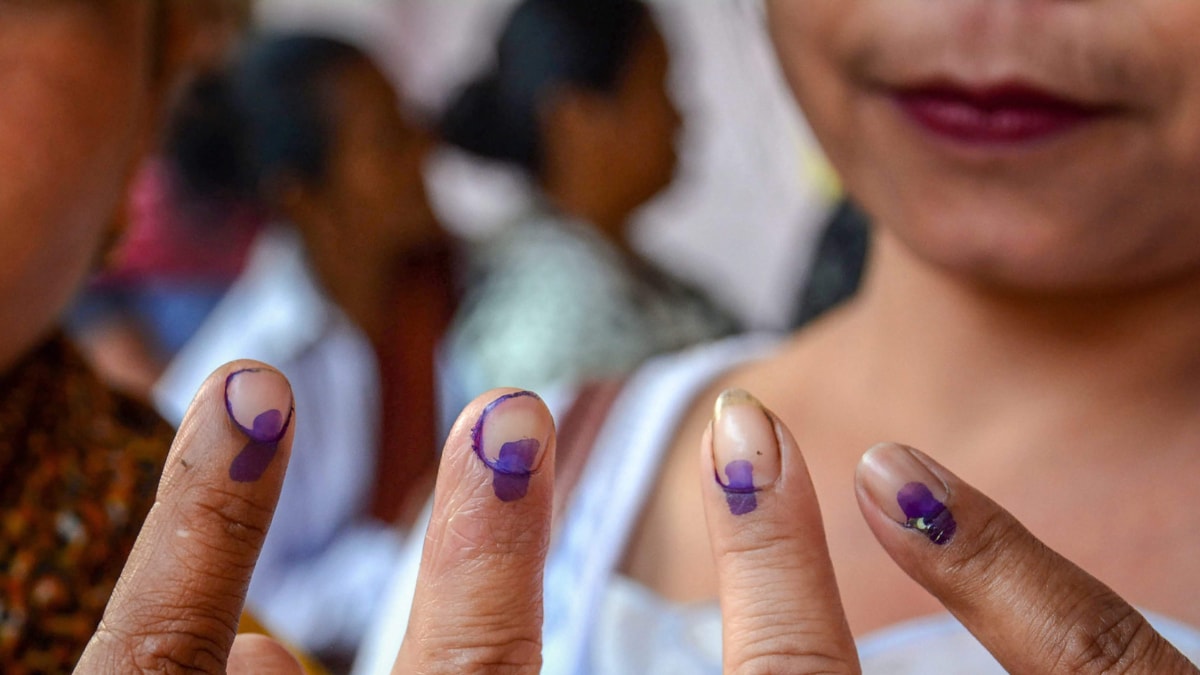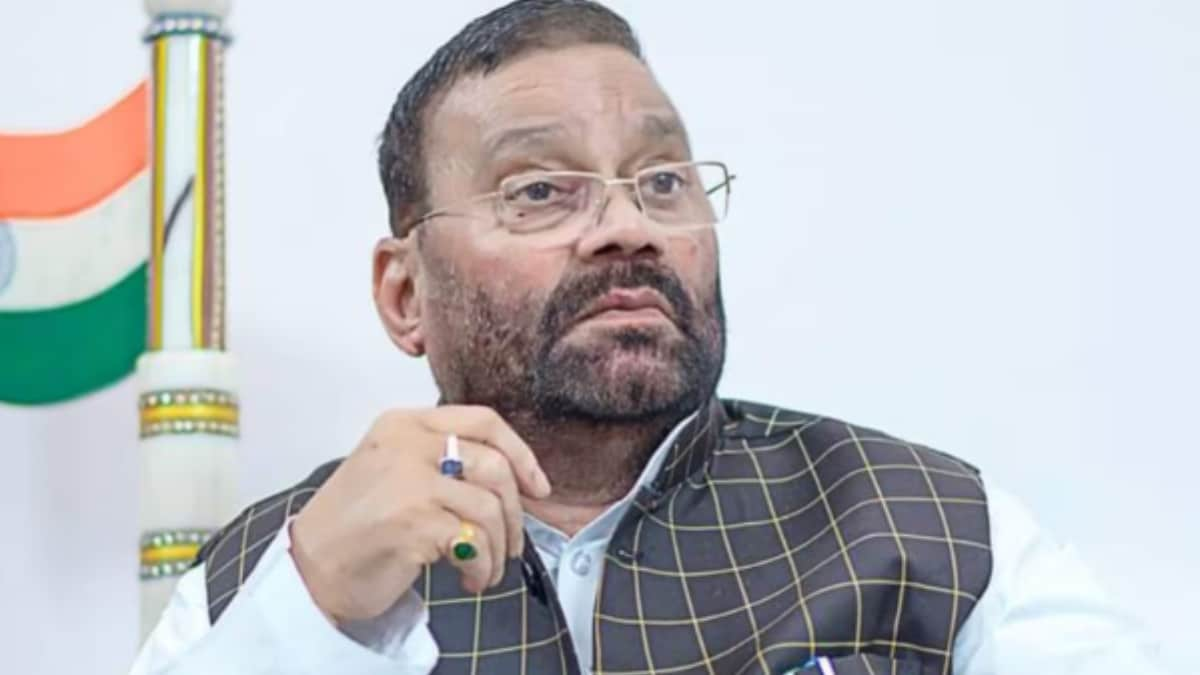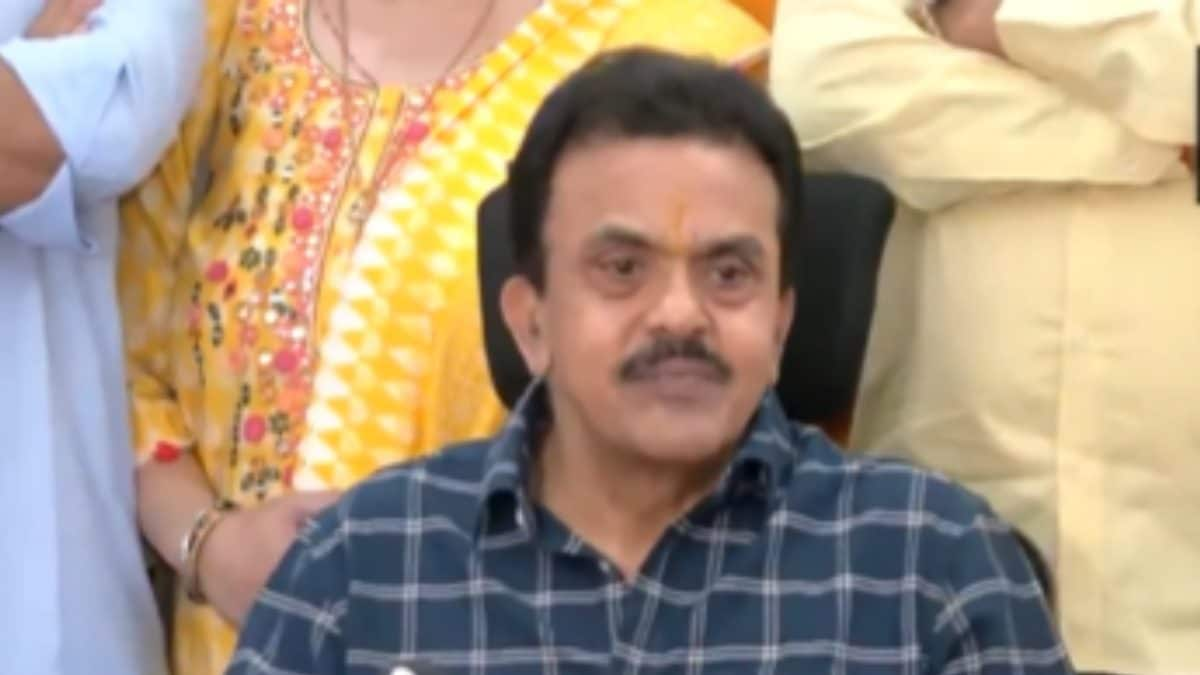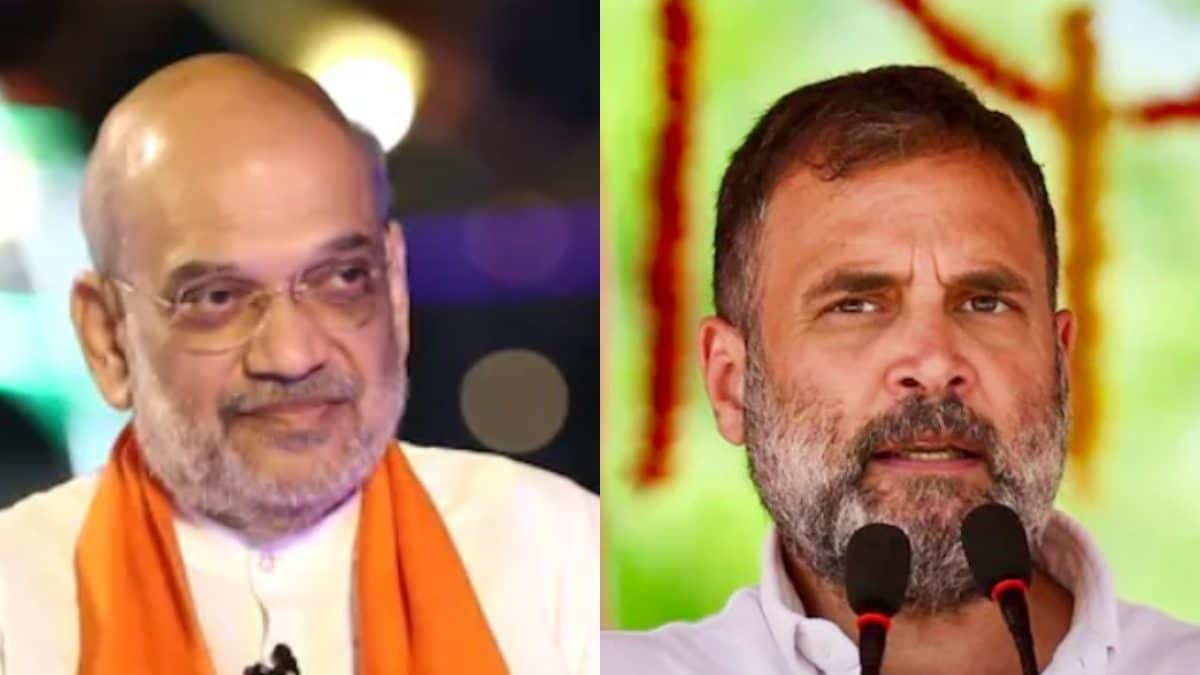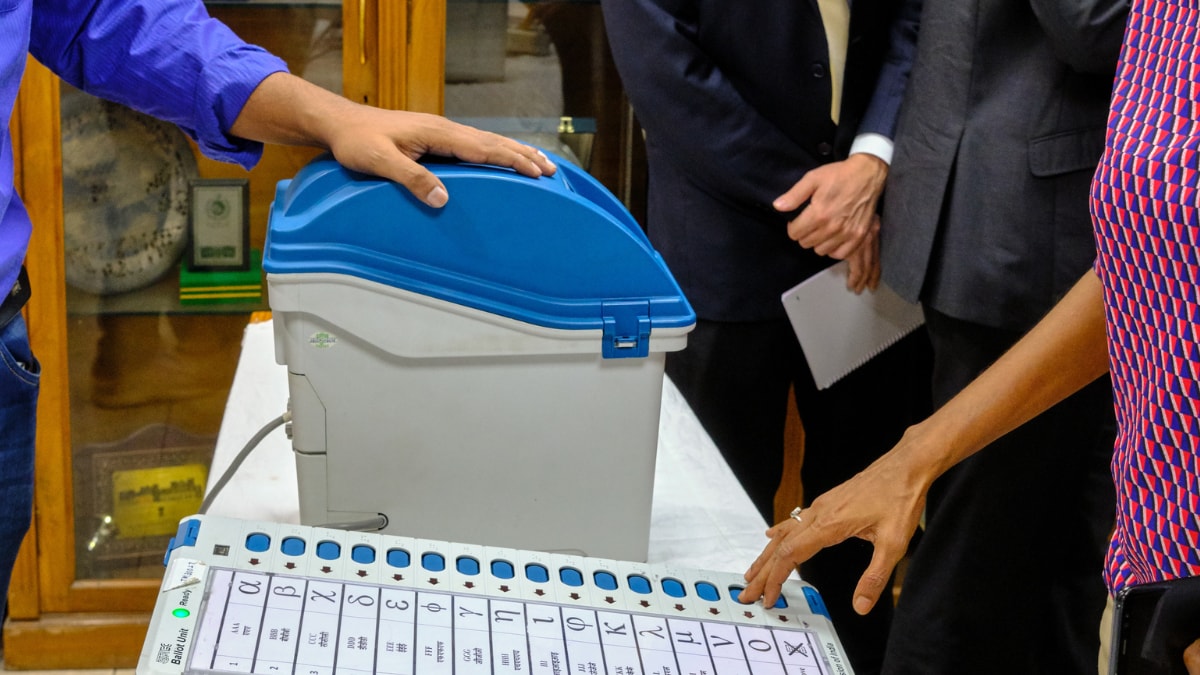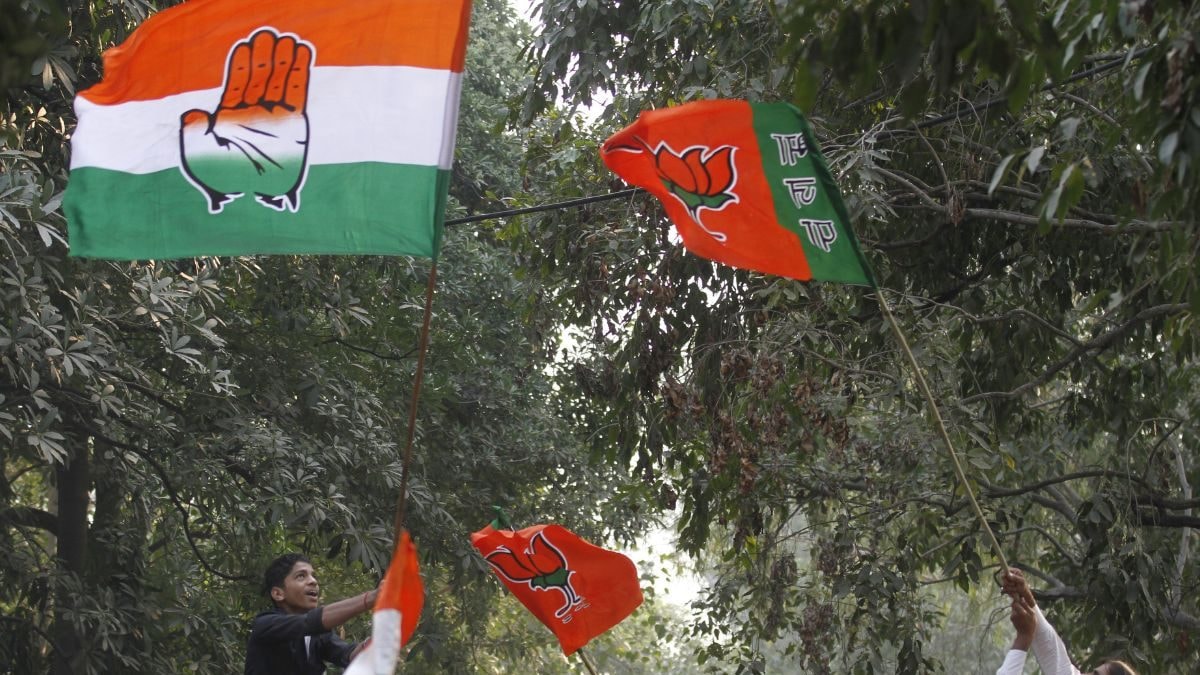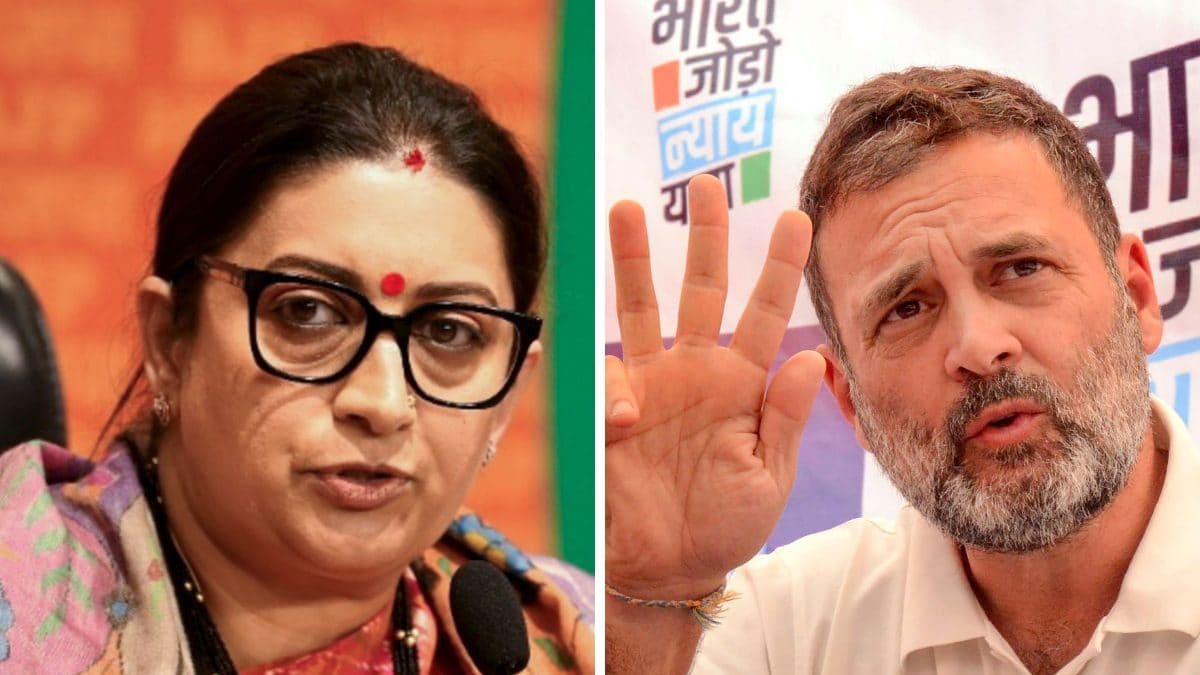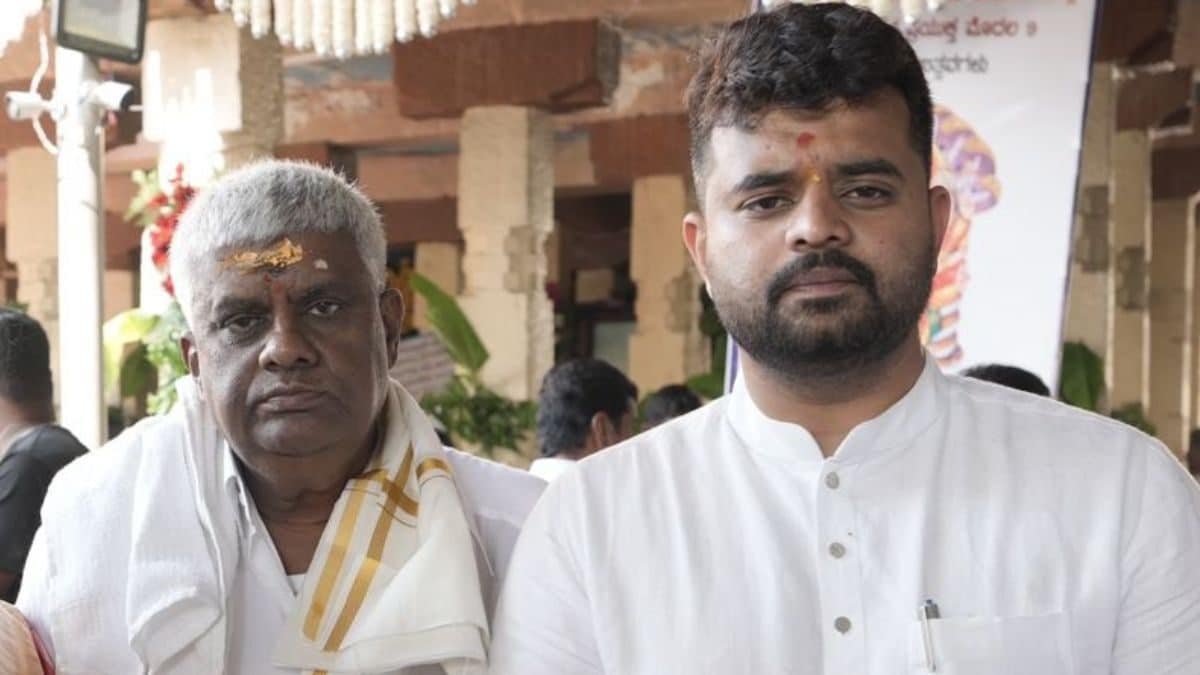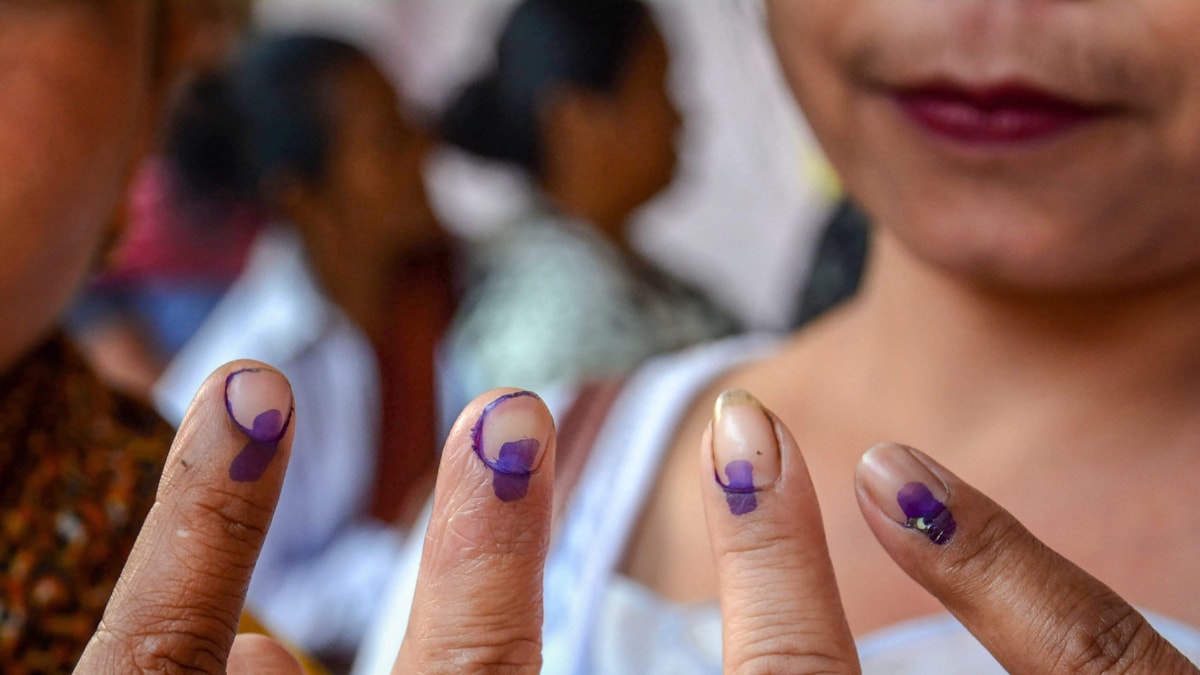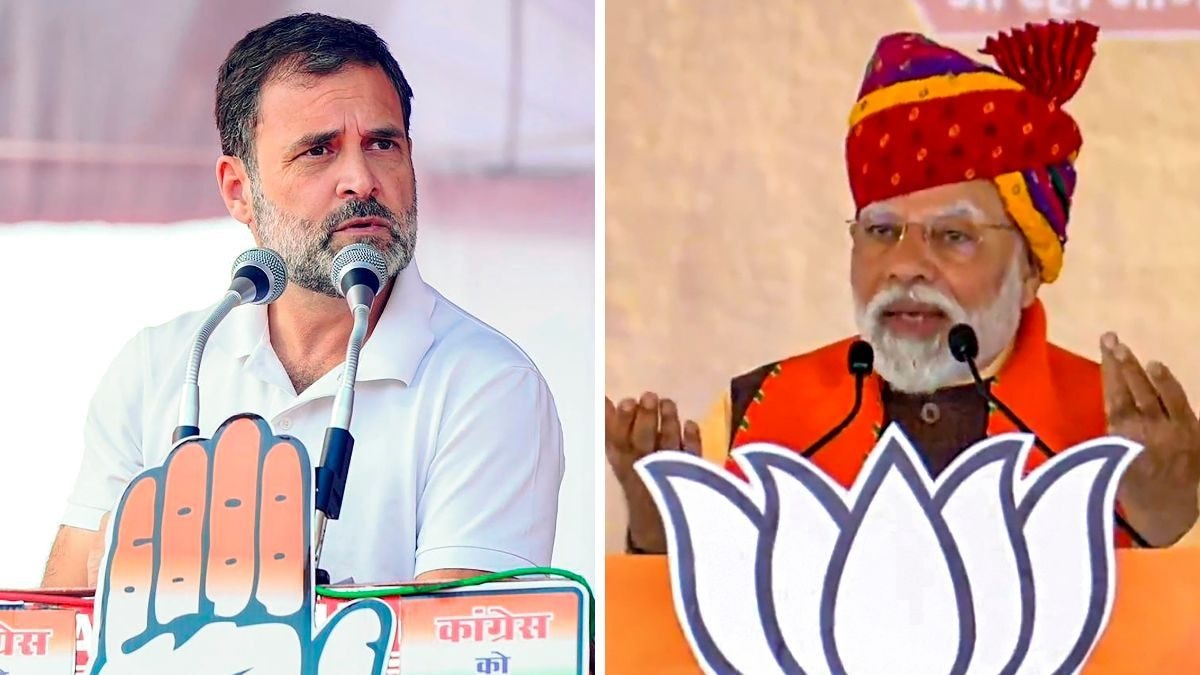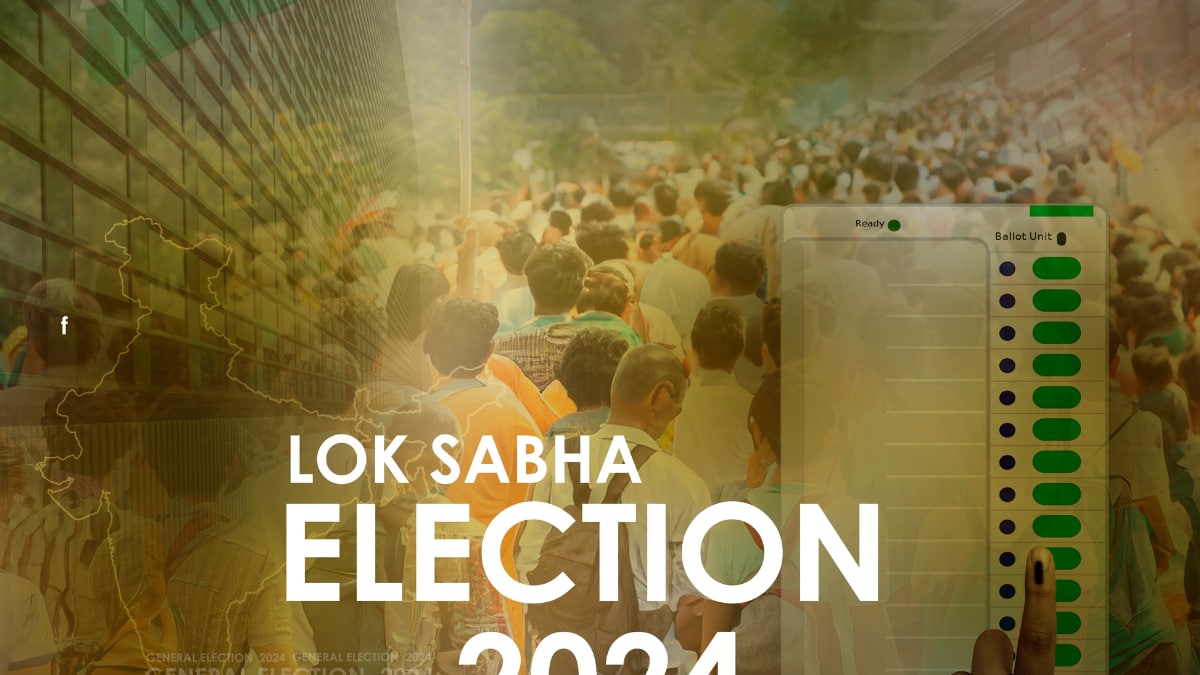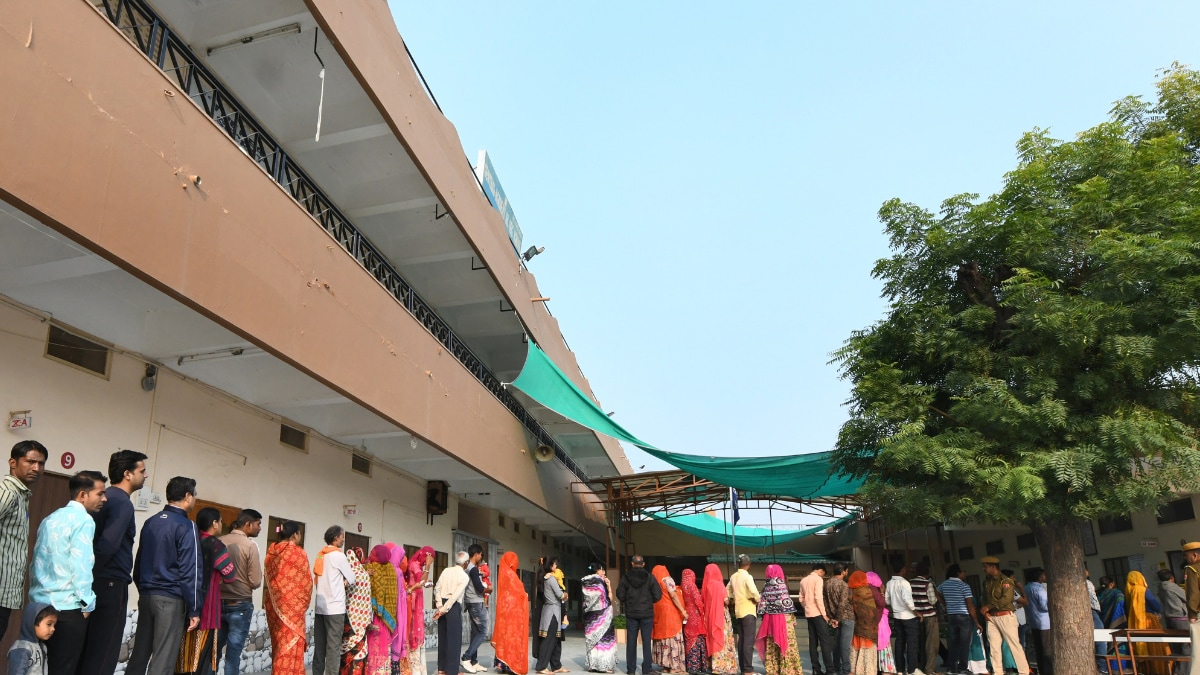Last Updated: April 23, 2024, 22:23 IST

Candles placed for victims of the Mumbai attacks are seen in front of the Taj Mahal Hotel in Mumbai November 30, 2008. (Reuters File Photo)
Jaishankar criticizes UPA government's response to 2008 Mumbai attacks. Read about the debate on attacking Pakistan post-terror incident
External affairs minister S Jaishankar on Tuesday rebuked the previous Congress-led UPA government over its mute response to Pakistan following the 26/11 Mumbai terror attacks, in which over 160 were killed.
Speaking on “Foreign Policy the India Way: From Diffidence to Confidence” in Hyderabad, Jaishankar said the UPA government’s decision against retaliation was based on their logic that the “cost of attacking Pakistan was more than the cost of not attacking Pakistan.”
“After Mumbai (26/11 terror attack), the national security advisor of the previous UPA government wrote (that) ‘we sat, we debated.’ We considered all the options. Then we decided to do nothing. We decided to do nothing and the justification was we felt the cost of attacking Pakistan was more than the cost of not attacking Pakistan, ” he said, adding, “I leave you to judge.” In the “defensive era”, terrorism was accepted, he said, referring to the previous UPA tenure.
Jaishankar’s comments refer to incidents described in former Security Advisor (NSA) and ex-foreign secretary Shiv Shankar Menon’s book titled Choices: Inside the Making of India’s Foreign Policy. In a book released in 2017, Menon revealed what went down in New Delhi after the 26/11 terror attack on Mumbai. Menon, who was India’s foreign secretary at the time, during and after the attack, a series of informal discussions and meetings in government took place that considered our responses.
“The then national security adviser, M. K. Narayanan, organised the review of our military and other kinetic options with the political leadership, and the military chiefs outlined their views to the prime minister. As foreign secretary, I saw my task as one of assessing the external and other implications and urged both External Affairs Minister Pranab Mukherjee and Prime Minister Manmohan Singh that we should retaliate, and be seen to retaliate, to deter further attacks, for reasons of international credibility and to assuage public sentiment.
“For me, Pakistan had crossed a line, and that action demanded more than a standard response. My preference was for overt action against LeT headquarters in Muridke or the LeT camps in Pakistan-occupied Kashmir and covert action against their sponsors, the ISI. Mukherjee seemed to agree with me and spoke publicly of all our options being open. In these discussions we considered our options, the likely Pakistani response, and the escalation that could occur. But on sober reflection and in hindsight, I now believe that the decision not to retaliate militarily and to concentrate on diplomatic, covert, and other means was the right one for that time and place,” Menon wrote.
Stay Ahead With all the Lok Sabha Election 2024 Related Real-Time Updates At News18 Website.

 1 week ago
1 week ago
